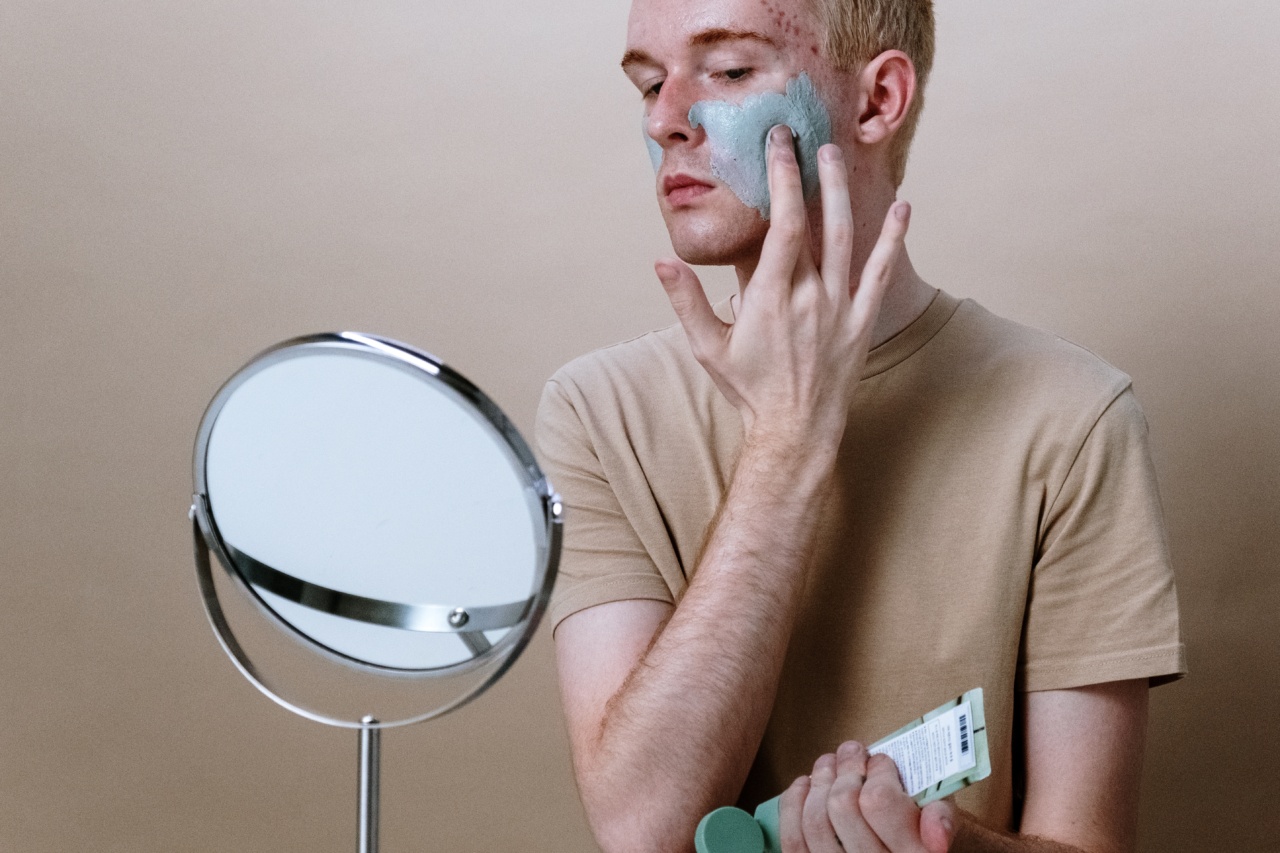Acne and aging are two common skin concerns that many people experience. Acne can affect anyone regardless of age, while aging is a natural process that occurs as we get older.
However, the two can sometimes be intertwined and understanding how they relate to each other can help you better care for your skin.
Acne in Adults
While acne is most commonly associated with teenagers, it can affect adults of any age. Adult acne can be caused by a variety of factors, such as hormonal changes, genetics, stress, and certain medications.
It can also be exacerbated by using the wrong skincare products, which can clog pores and cause breakouts.
If you have adult acne, it’s important to seek treatment from a dermatologist who can help you identify the underlying cause and provide personalized treatment options.
Proper skincare is also essential, including cleansing and moisturizing regularly, using non-comedogenic products, and avoiding harsh scrubs or exfoliants that can irritate the skin.
Anti-Aging Skincare
Aging is a natural process that occurs over time, but there are things you can do to slow down the signs of aging on your skin. As we age, our skin produces less collagen and elastin, which can lead to fine lines, wrinkles, and sagging skin.
One of the most important things you can do to prevent aging is to protect your skin from the sun. Wearing sunscreen every day, even when it’s cloudy outside, can help prevent damage from harmful UV rays.
Additionally, using skincare products with antioxidants and retinoids can help stimulate collagen production and improve skin texture and tone.
The Link Between Acne and Aging
While it may seem like acne and aging are two completely separate skin concerns, there is actually a link between the two.
Some studies have shown that people who experienced acne during their teenage years may be more likely to have signs of aging later in life.
This may be related to the fact that acne can cause inflammation and oxidative stress on the skin, which can contribute to the breakdown of collagen and elastin.
Additionally, some acne treatments, such as oral antibiotics, may have an impact on the microbiome of the skin, which can affect its overall health and appearance.
Caring for Acne-Prone, Aging Skin
If you have acne-prone, aging skin, it’s important to find skincare products that address both concerns.
Look for products that are gentle enough to not exacerbate acne, but also contain ingredients that can improve the appearance of fine lines and wrinkles.
Some ingredients that may be beneficial for acne-prone, aging skin include:.
- Retinoids: These vitamin A derivatives can help stimulate collagen production and improve overall skin texture and tone.
- Glycolic acid: This alpha-hydroxy acid can help exfoliate the skin and improve its overall appearance.
- Niacinamide: This form of vitamin B3 can help improve skin barrier function and reduce the appearance of fine lines and wrinkles.
- Vitamin C: This antioxidant can help protect the skin from environmental damage and improve overall skin tone.
Conclusion
Acne and aging may seem like two separate skin concerns, but they are often interconnected. Understanding how they relate to each other can help you better care for your skin and address both concerns effectively.
If you have acne-prone, aging skin, it’s important to work with a dermatologist to develop a personalized skincare routine that addresses both concerns.
By incorporating gentle, effective skincare products and protecting your skin from the sun, you can help improve the appearance of acne and prevent signs of aging.






























